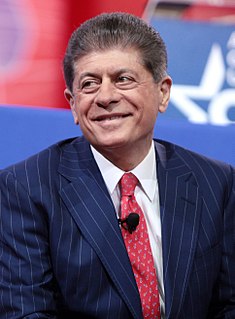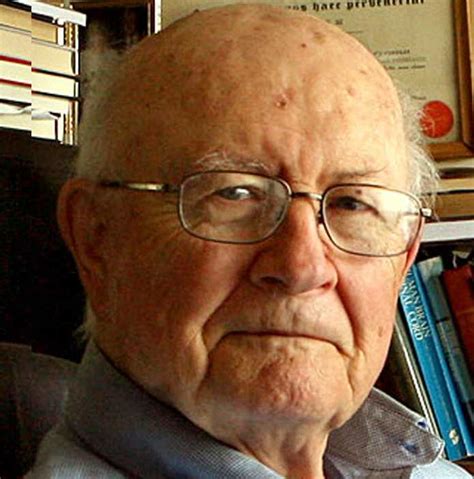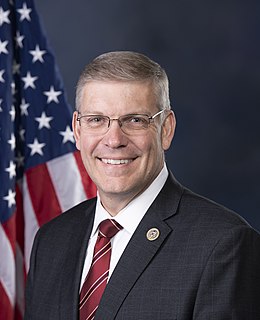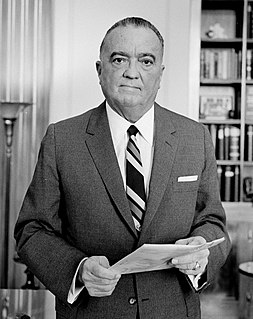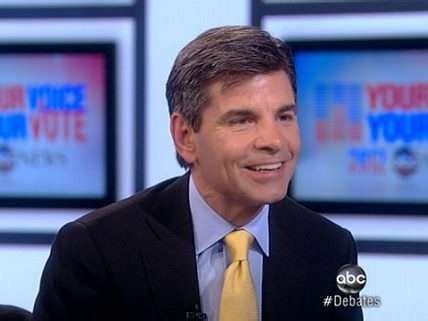A Quote by David Souter
Congress has the power to legislate with regard to activity that, in the aggregate, has a substantial effect on interstate commerce.
Quote Topics
Related Quotes
For the power given to Congress by the Constitution does not extend to the internal regulation of the commerce of a State (that is to say, of the commerce between citizen and citizen,) which remain exclusively with its own legislature; but to its external commerce only, that is to say, its commerce with another State, or with foreign nations, or with the Indian tribes.
The other General Welfare Clause is in the first of the authorities given to the Congress and it's not a grant, it's a restriction. By which I mean it doesn't say Congress can legislate for the general welfare, it means that everything Congress must do has to enhance the general welfare of the United States of America. It can't grant things to individuals, it can only legislate for the government.
Unable to maintain their government-granted monopoly, the powerful railroad
interests turned to government to do the regulating and price-fixing which they
were unable to do themselves. In fact, the pressure that induced Congress to
enact the Interstate Commerce Act of 1887 did not come from reformers bemoaning
abuses by the powerful railroad interests; it came from the railroad interests
themselves, asking Congress to shield them against the harsh winds of
competition.
State inspection laws, health laws, and laws for regulating the internal commerce of a State, and those which respect turnpike roads, ferries, &c. are not within the power granted to Congress. ... Inspection laws, quarantine laws, health laws of every description, as well as laws for regulating the internal commerce of a State, and those which respect turnpike roads, ferries, &c., are component parts of this mass. No direct general power over these objects is granted to Congress, and, consequently, they remain subject to State legislation.
The Supreme Court has never ruled that Congress can use the Commerce Clause to require individuals to engage in an activity they have chosen to avoid. Yet that is precisely what Obamacare does: It forces Americans without health insurance to purchase coverage. Such a requirement is unprecedented and unconstitutional.
Conservatives in general, and even so called Tea Party conservatives, are not against transportation spending. Indeed, interstate commerce is one purpose of interstate highways and byways, and is one of the things the federal government is actually supposed to spend our tax dollars on. What conservatives are opposed to is needless and excessive spending, pork-barrel spending, deficit spending, spending to pick winners and losers among American individuals and corporations, and spending to promote the social and economic whims of the Washington few.
Modern Democrats aren't the first political party to abuse power - far from it. Obama isn'??t the first president to abuse executive power - not by a longshot. But he has to be the first president in American history to overtly and consistently argue that he's empowered to legislate if Congress doesn'??t pass the laws he favors. It's an argument that's been mainstreamed by partisans and cheered on by those in media desperate to find a morsel of triumph in this presidency.





